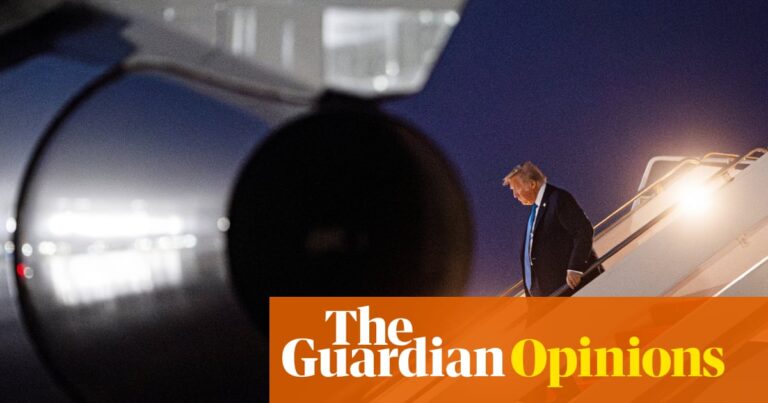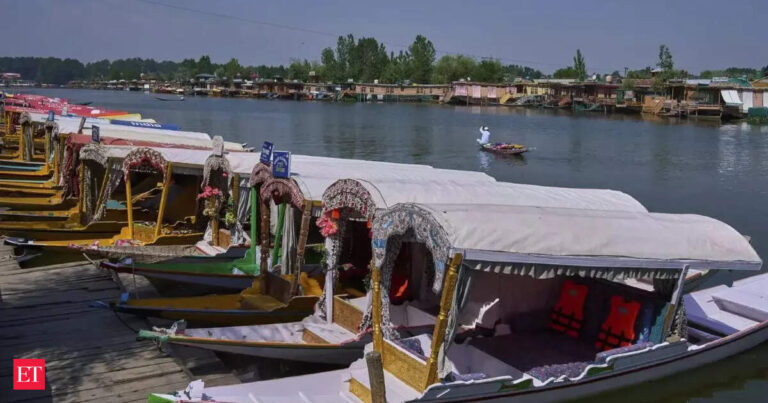Sabari Rail Project Revived: State and Centre Strike Deal After Long Delays, But Financial Issues Loom
The Sabari Rail Project: A Step Towards Reviving Kerala’s Connectivity to Sabarimala
The long-awaited Sabari rail project, aimed at integrating the famed Sabarimala temple into India’s extensive rail network, is finally set to see movement after considerable delays. In a significant development, Kerala’s Chief Minister Pinarayi Vijayan met with Union Railway Minister Ashwini Vaishnaw in New Delhi to discuss the project’s future. The interactions during this pivotal meeting highlight potential pathways that could alleviate the transportation challenges around one of India’s most visited pilgrimage sites.
Reviving the Pipeline: Progress on the Project
The meeting sparked optimism over the resumption of the Sabari rail project as both leaders agreed on consulting an expert committee scheduled to visit Kerala in July. This visit aims to reinvigorate the project by initiating the crucial land acquisition process. V. Abdurahiman, the State Minister responsible for Railways, voiced hope about the project returning to active status, buoyed by the commitment to collaboration.
The Sabari rail project, a 110-km Angamaly-Erumeli route, has its roots in the Railway Budget of 1997-98. However, despite some progress—including the completion of land acquisition for around 8 km and infrastructural work across a 7-km stretch between Angamaly and Kalady—much remains to be accomplished. Completing the project will not only facilitate pilgrimage but is also anticipated to boost local economies significantly.
Cost-Sharing Controversies: Addressing Financial Strains
While the revival of the Sabari rail project is promising, the financial implications require careful navigation. Previously, the Centre had proposed that Kerala shoulder 50% of the revised project estimate, pegged at approximately ₹3,810.69 crore. This financial burden has raised concerns for the state government, which argued for exemption from the borrowing limits related to financing through the Kerala Infrastructure Investment Fund Board (KIIFB).
- The Centre’s proposal included a tripartite agreement involving the State government, the Ministry of Railways, and the Reserve Bank of India.
- The RBI would temporarily finance Kerala’s share to the project if the State failed to meet its financial commitments, deducting that amount from the Centre’s allocations to Kerala for various welfare schemes.
Despite the complexities, the Kerala government continues to push for KIIFB funding, asserting its importance for sustainable financing of the initiative.
Wider Implications: Connectivity and Infrastructure Improvements
Beyond the Sabari rail project, the State has also sought approval for the ambitious SilverLine semi-high-speed rail project. Although no firm commitments were made during the meeting, there is potential for deliberation following consultations with E. Sreedharan, known for his extensive experience in rail projects.
In addition to focusing on new projects, Kerala’s officials reiterated the necessity for a third and fourth line to decongest existing rail networks. This is vital for rapid transit and efficient train services across the state. Concerns regarding the quality of service, particularly the complaints about food quality on the Vande Bharat train in Kerala, were also brought to the attention of the Union Minister, indicating the government’s commitment to improving overall passenger experiences.
Looking Ahead: A Collaborative Future
The discussions around the Sabari rail project underscore a broader commitment from both the State and the Centre to enhance railway connectivity in Kerala. Such collaborations are crucial not just for the Sabarimala temple’s accessibility, but also for economic development through tourism and improved local infrastructure.
Kerala, home to stunning landscapes and rich cultural heritage, stands to gain immensely from projects that offer better transportation infrastructure. With the promise of expert consultations and a commitment to resolve cost-sharing issues, the Sabari rail project may be on the cusp of a revival, poised to usher in a new era of connectivity for the state.
As negotiations evolve and plans take shape, the incoming months will be critical in determining the future of the Sabari rail project, with implications that could ripple across various sectors, from pilgrimage tourism to local economies. With ongoing dialogues, stakeholders remain hopeful that 2025 might mark a pivotal year in the realization of this long-dreamed railway expansion.





